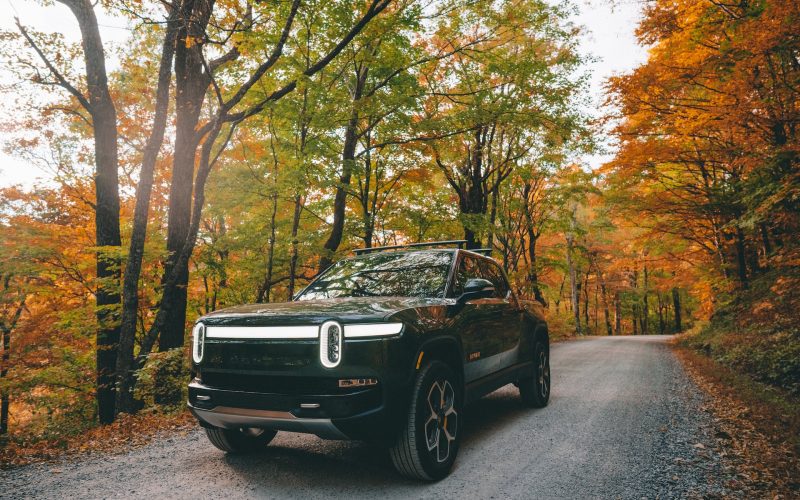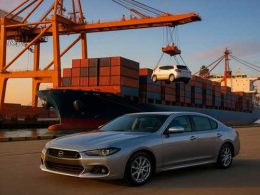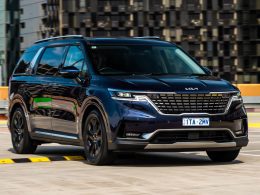Rivian, the electric vehicle (EV) startup, has been making waves in the industry since it was founded in 2009. With backing from high-profile investors like Amazon and Ford, Rivian has been working towards the production of its first two models, the R1T electric pickup truck and the R1S electric SUV. However, the road to production has not been without its bumps, and the struggles faced by Rivian offer a reality check for the challenges facing EV startups.
One of the biggest obstacles facing Rivian has been the COVID-19 pandemic. Like many other companies in the automotive industry, Rivian has been hit hard by the pandemic’s disruptions to supply chains and manufacturing processes. The pandemic also forced Rivian to delay the launch of its vehicles, which was originally scheduled for 2020.
Another challenge has been securing funding. While Rivian has raised billions from investors, it has faced difficulty securing the loans and grants necessary to move its production plans forward. The company has been seeking loans from the Department of Energy’s Advanced Technology Vehicles Manufacturing program, but has yet to receive approval. This has led to delays in production and slowed the company’s growth.
Despite these setbacks, Rivian has continued to push forward with its plans. The company has opened a manufacturing plant in Illinois and has started producing pre-production versions of its vehicles. It has also expanded its workforce, hiring thousands of new employees in 2021.
However, even with these steps forward, Rivian is facing increasing competition from established automakers like Tesla, General Motors, and Ford. These companies have years of experience in the automotive industry and are already producing successful EVs. In addition, the market for electric vehicles is becoming increasingly crowded, with new startups entering the space every year.
Rivian’s struggles highlight the challenges facing electric vehicle startups. Building a new automotive company from scratch is an expensive and difficult process. In addition, the shift towards electric vehicles is disrupting the traditional automotive industry, and startups must navigate these changes while also building their own companies.
Despite these challenges, the potential rewards for successful electric vehicle startups are significant. The market for electric vehicles is growing rapidly, with more consumers looking to make the switch to sustainable transportation. In addition, governments around the world are offering incentives to consumers who purchase electric vehicles, making them more appealing than ever before.
As for Rivian, the company’s future remains uncertain. While it has faced setbacks, it has also shown resilience in the face of challenges. The company has the potential to become a major player in the EV industry, but it will need to overcome its current struggles and prove itself in a crowded and competitive market.
In conclusion, the struggles faced by Rivian offer a reality check for the challenges facing electric vehicle startups. Despite setbacks related to COVID-19 and funding, the company has continued to push forward with its plans. However, the competition from established automakers and the crowded market for electric vehicles present significant obstacles to the company’s success. As the shift towards sustainable transportation continues, the future of Rivian and other EV startups will be closely watched by industry insiders and consumers alike.












